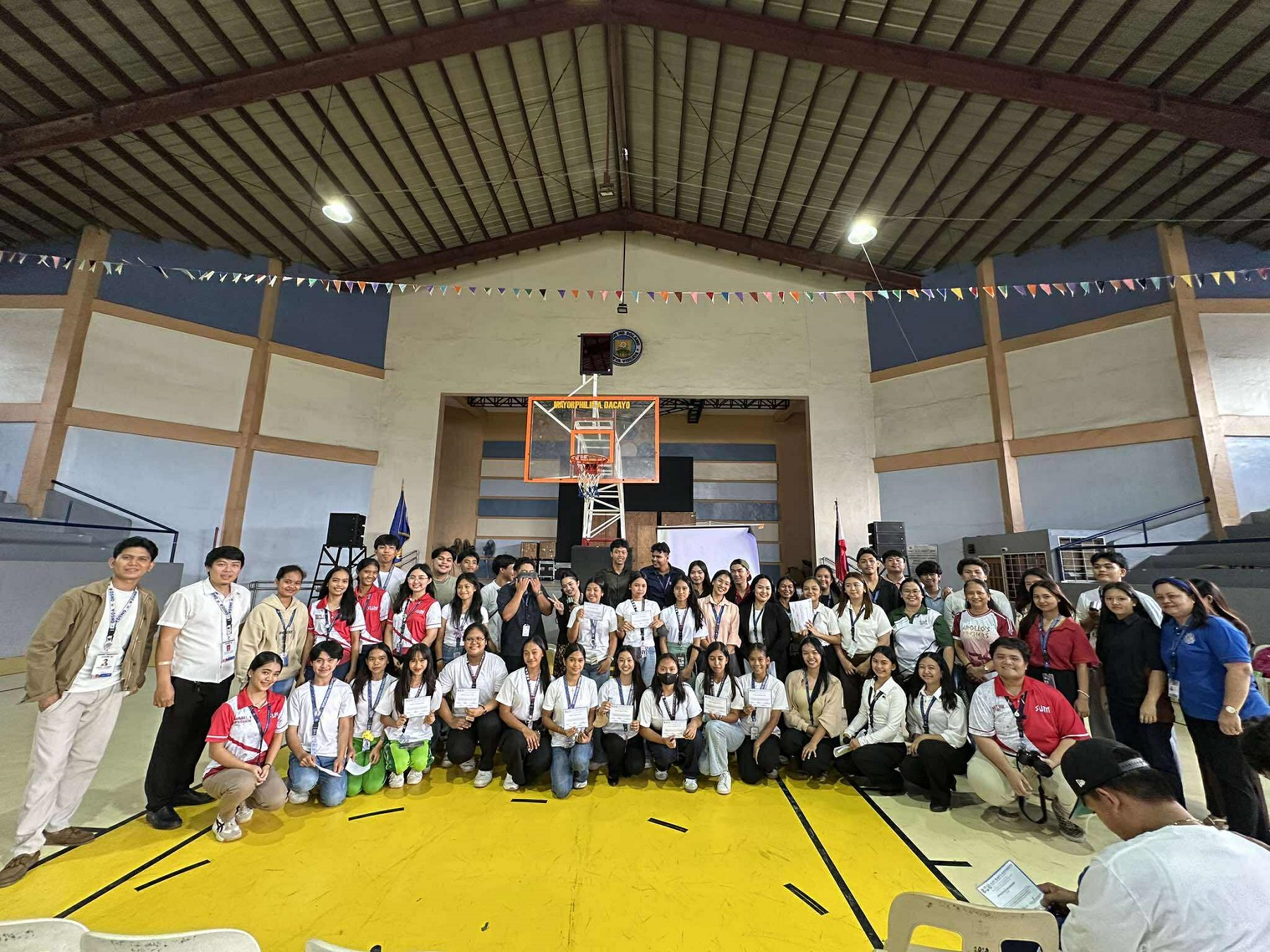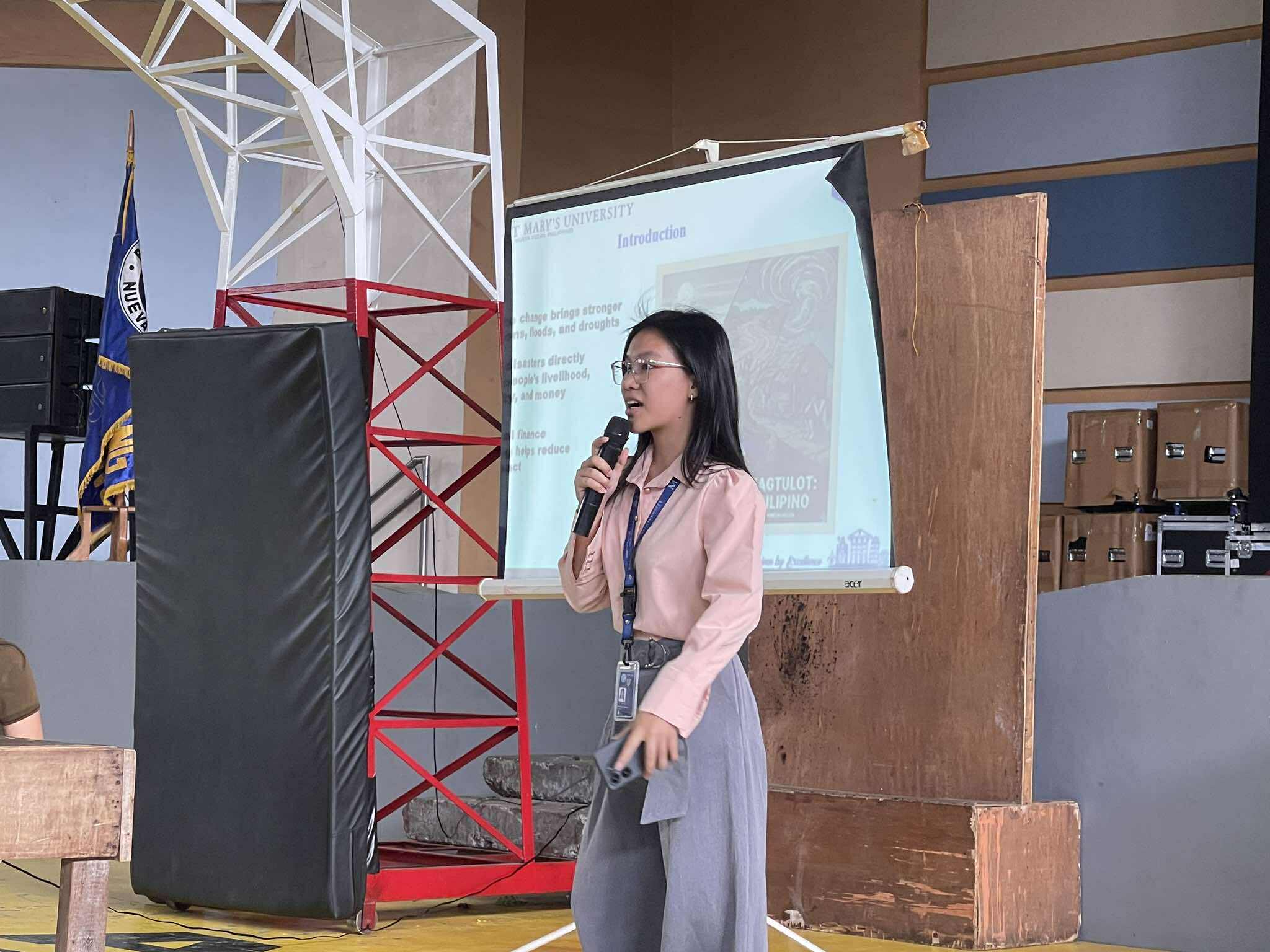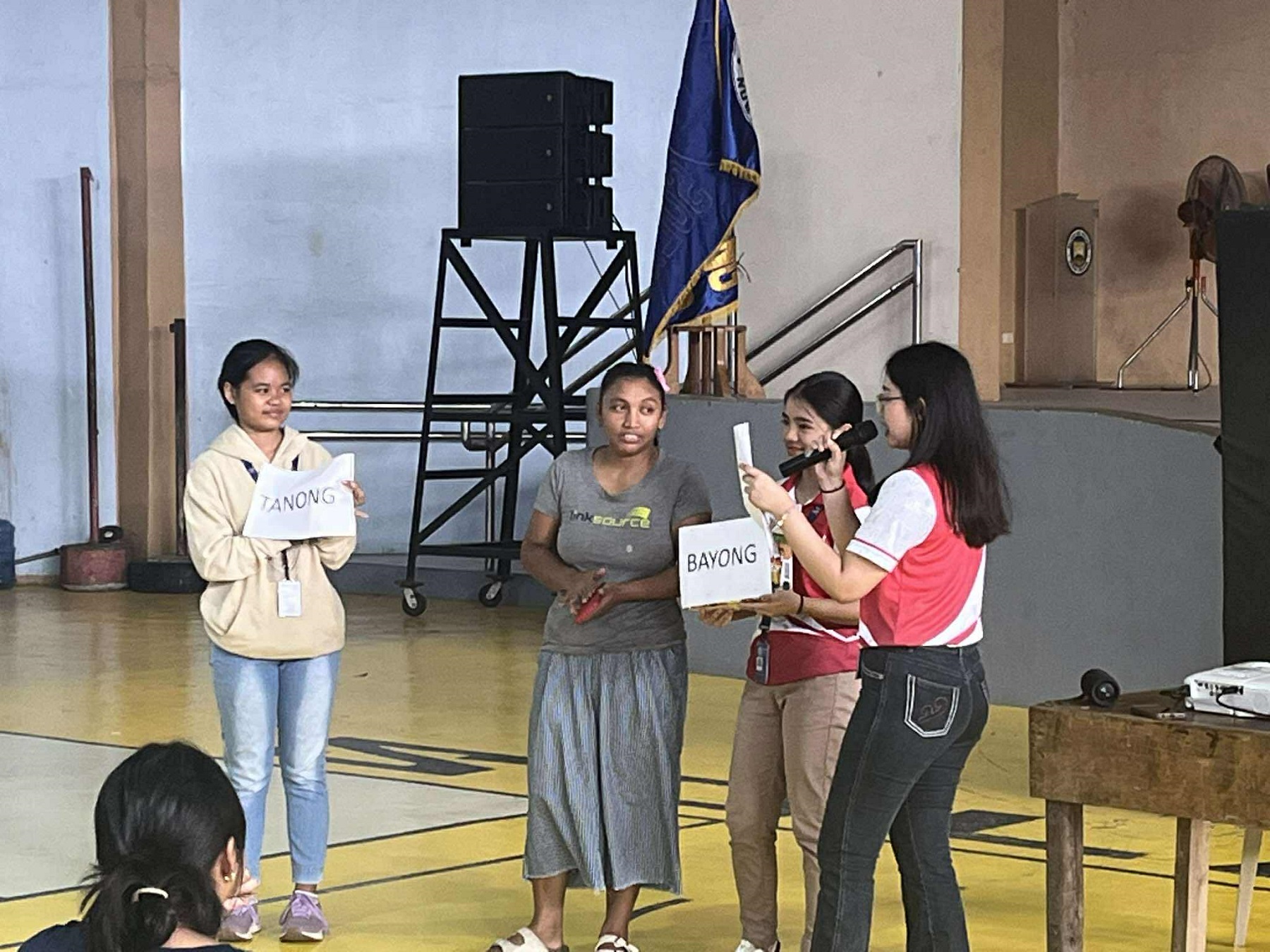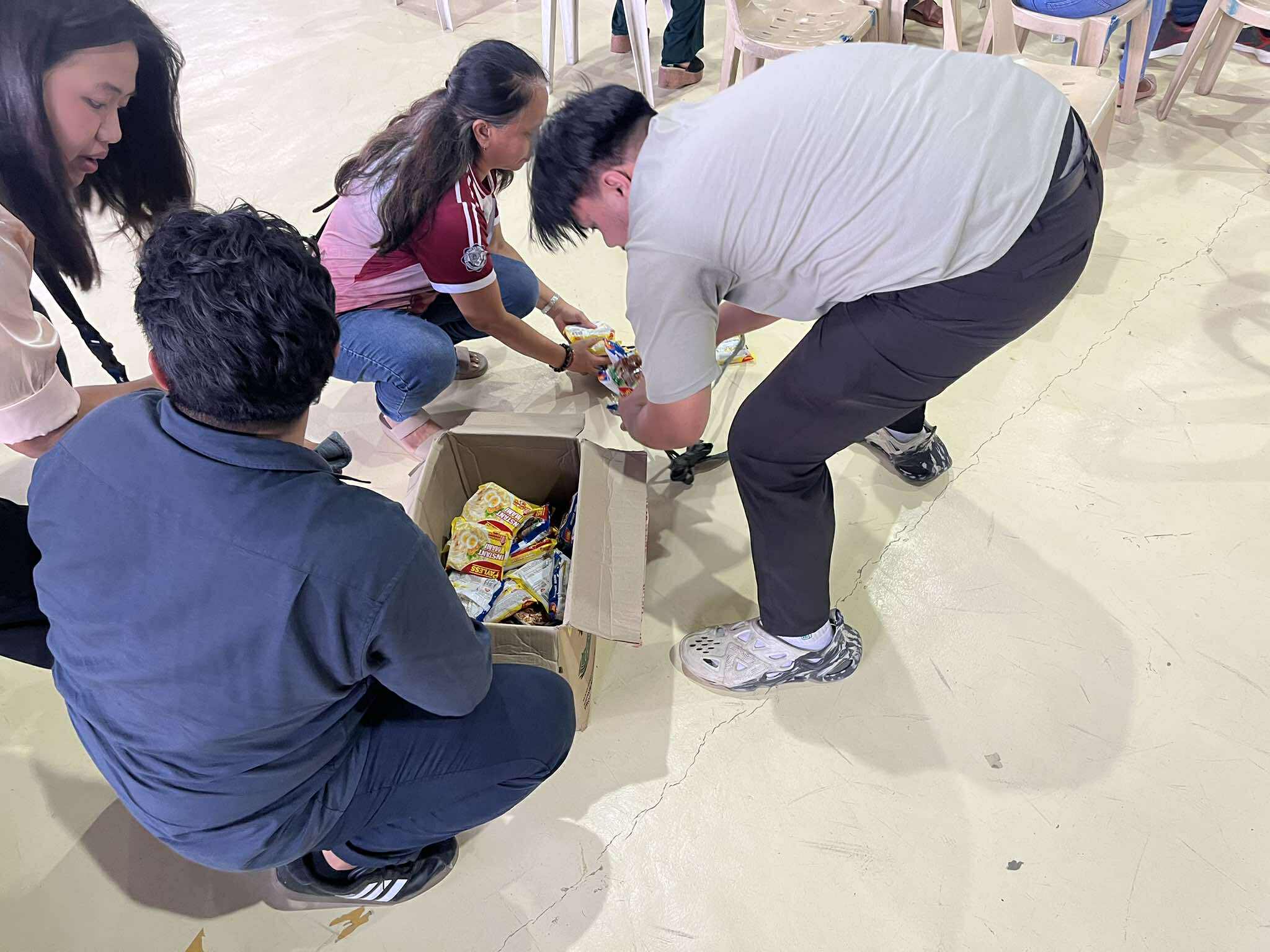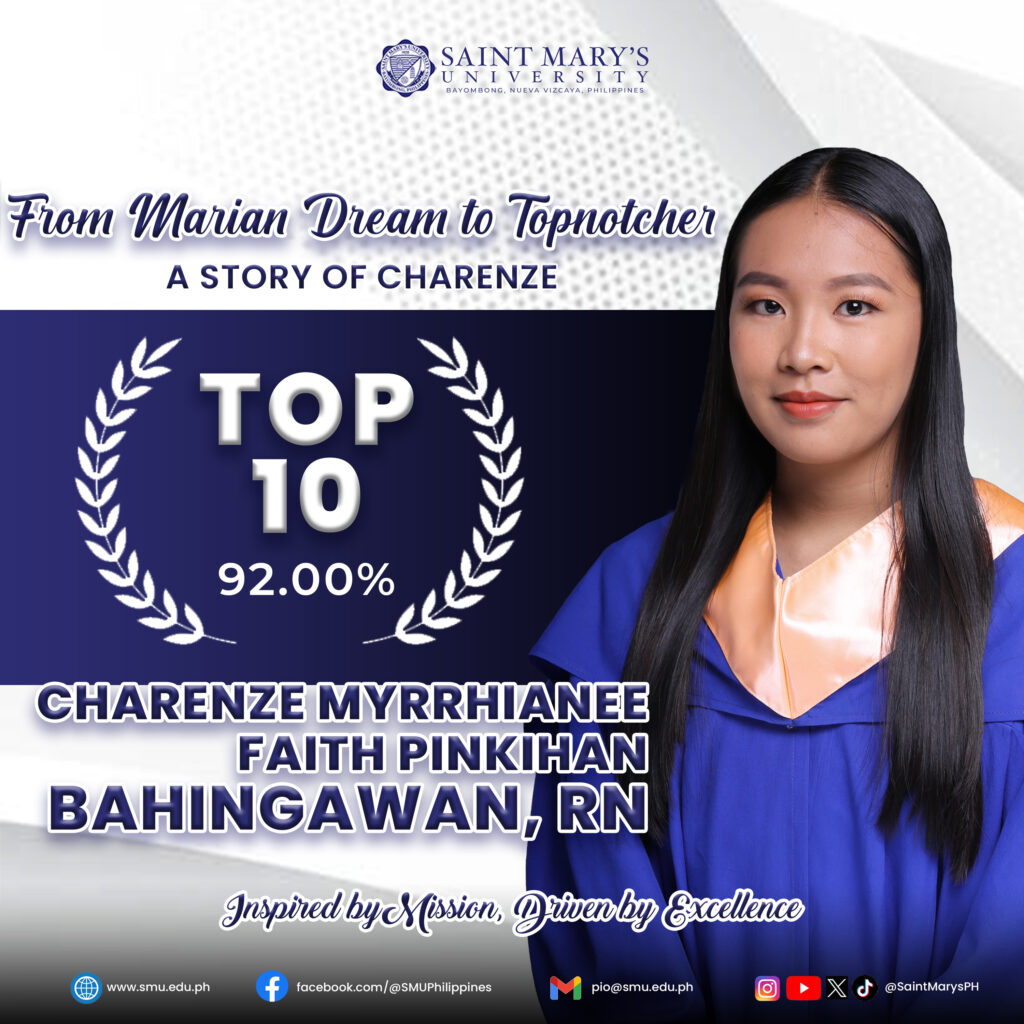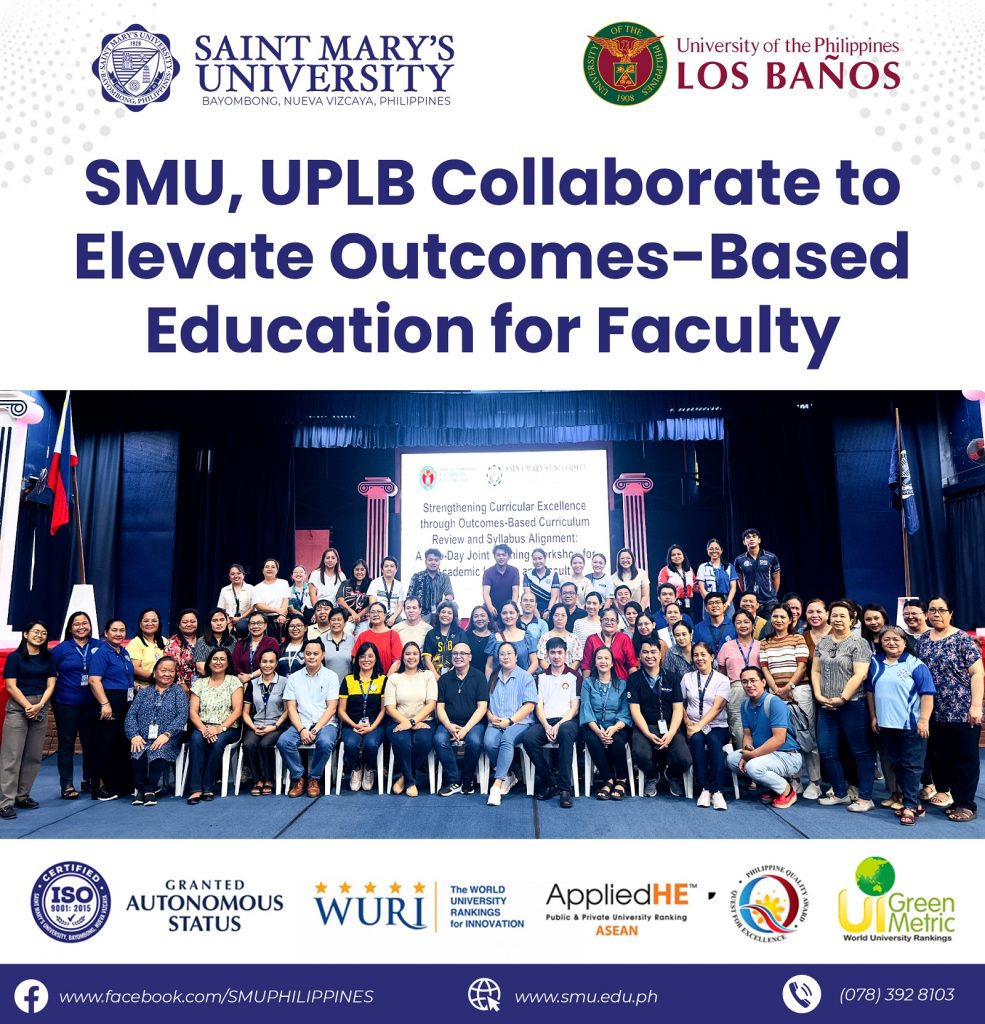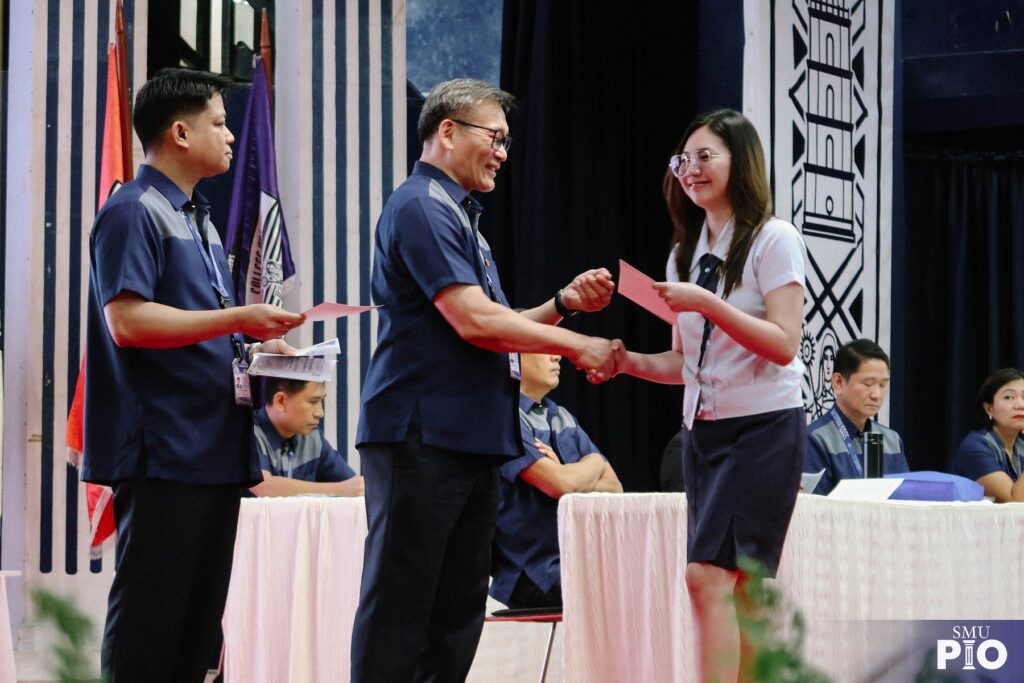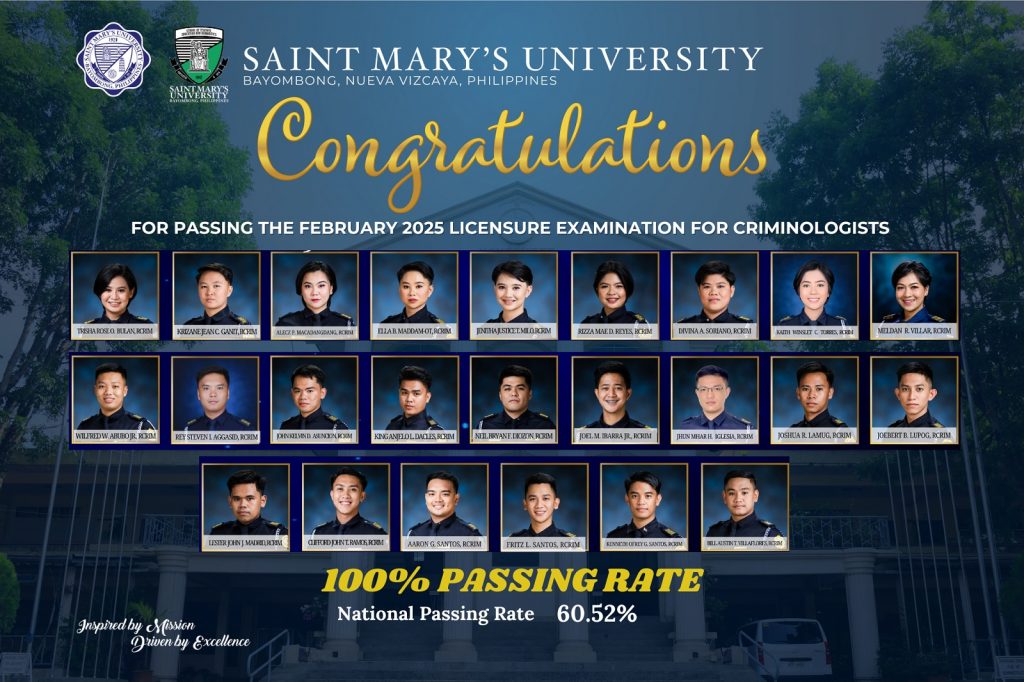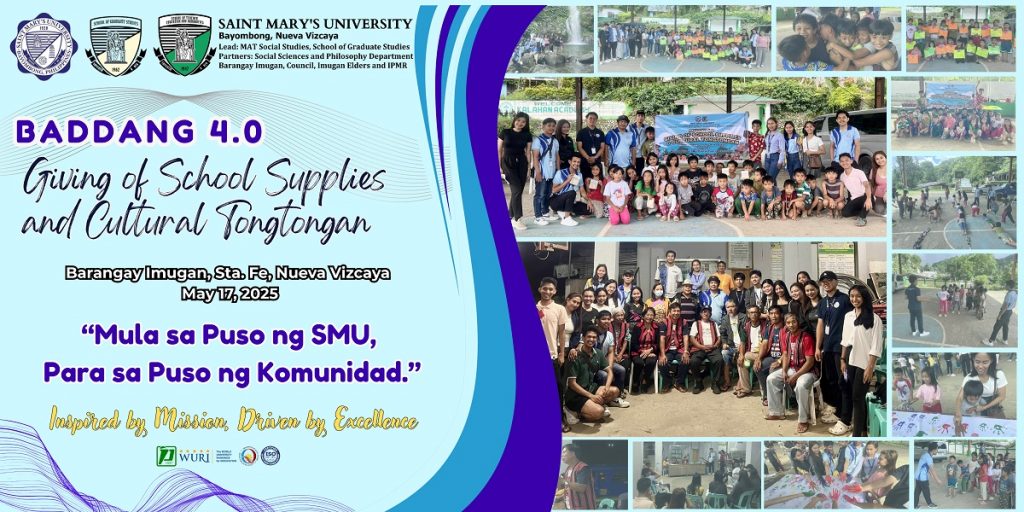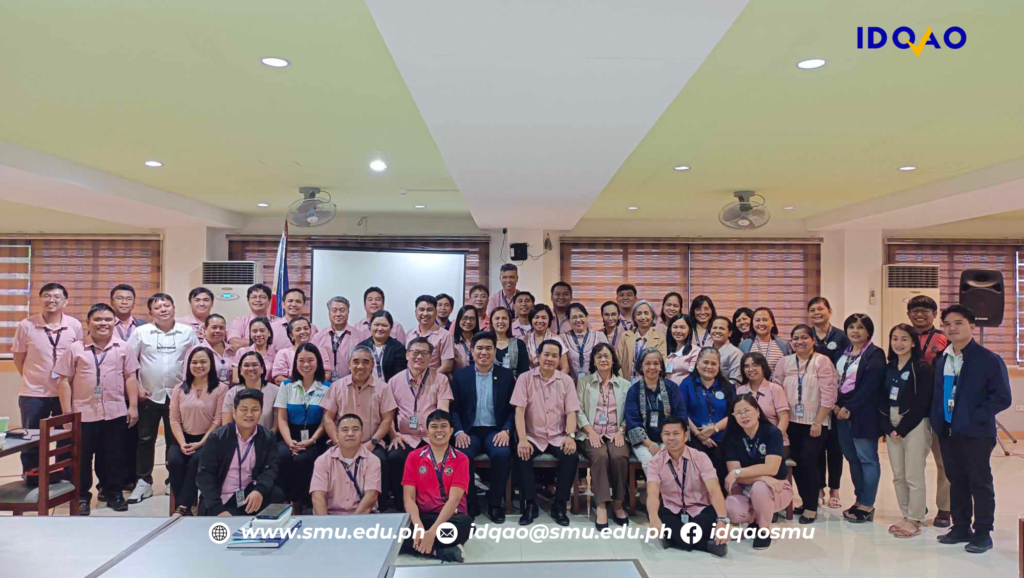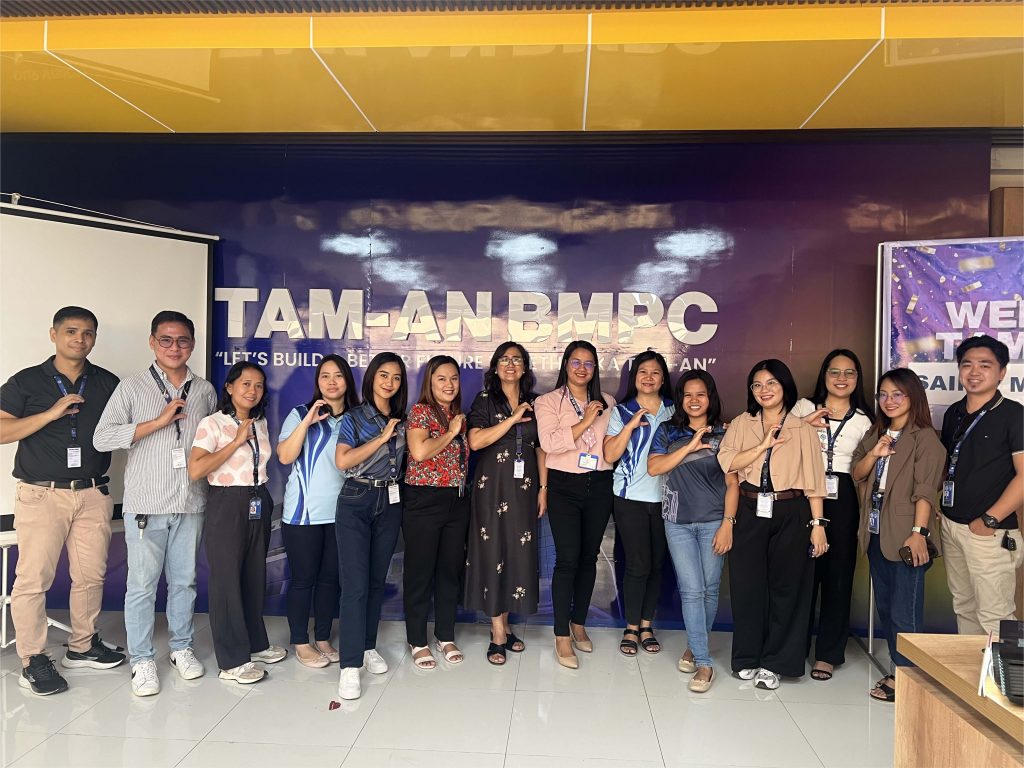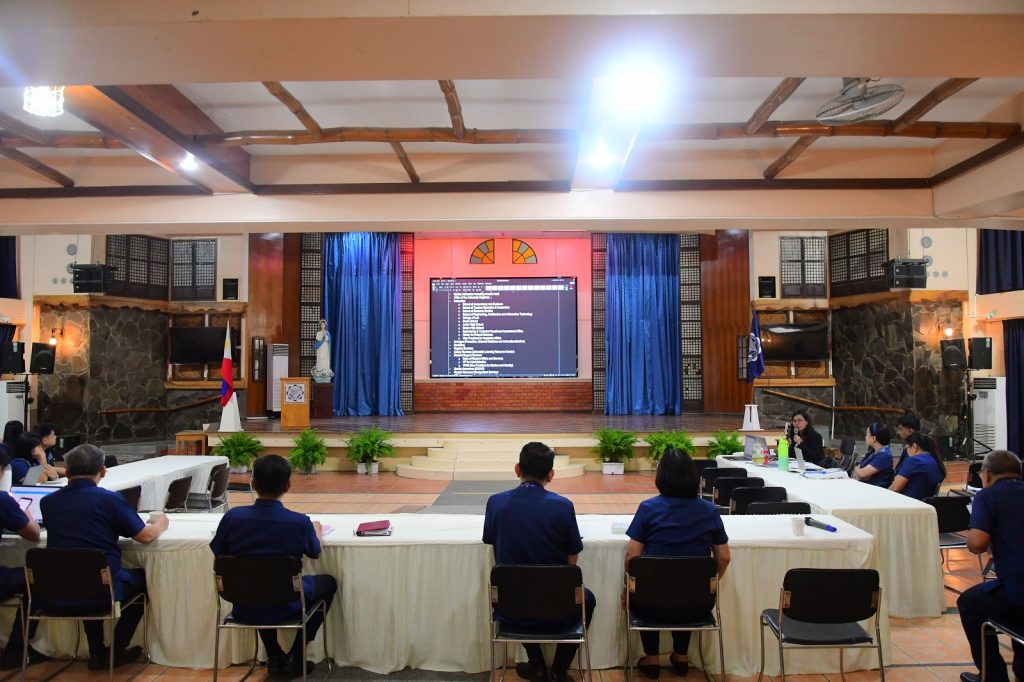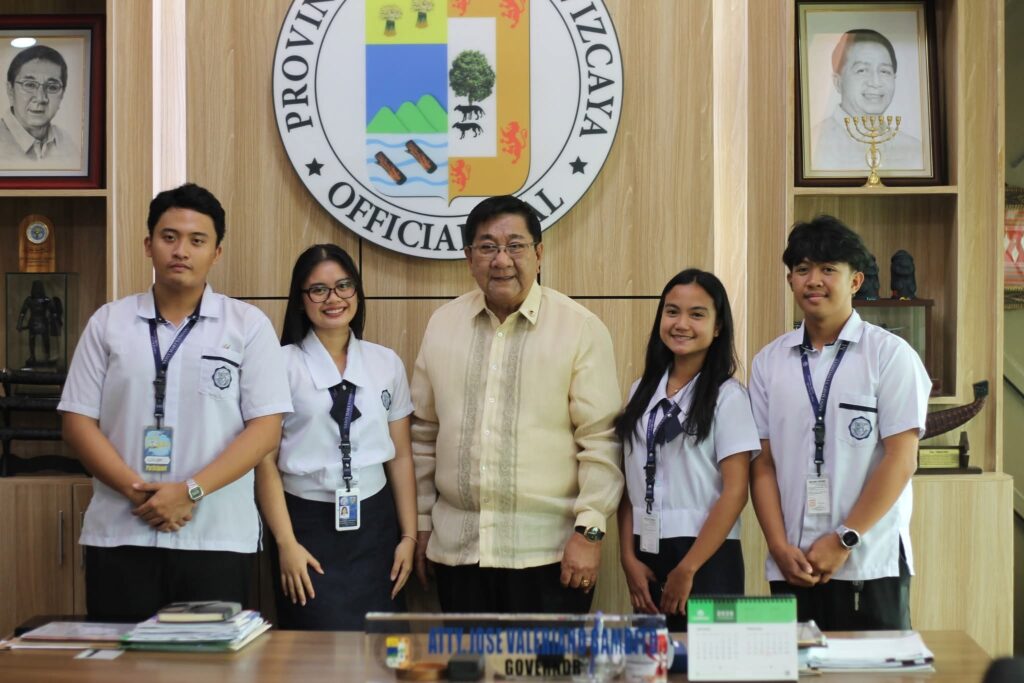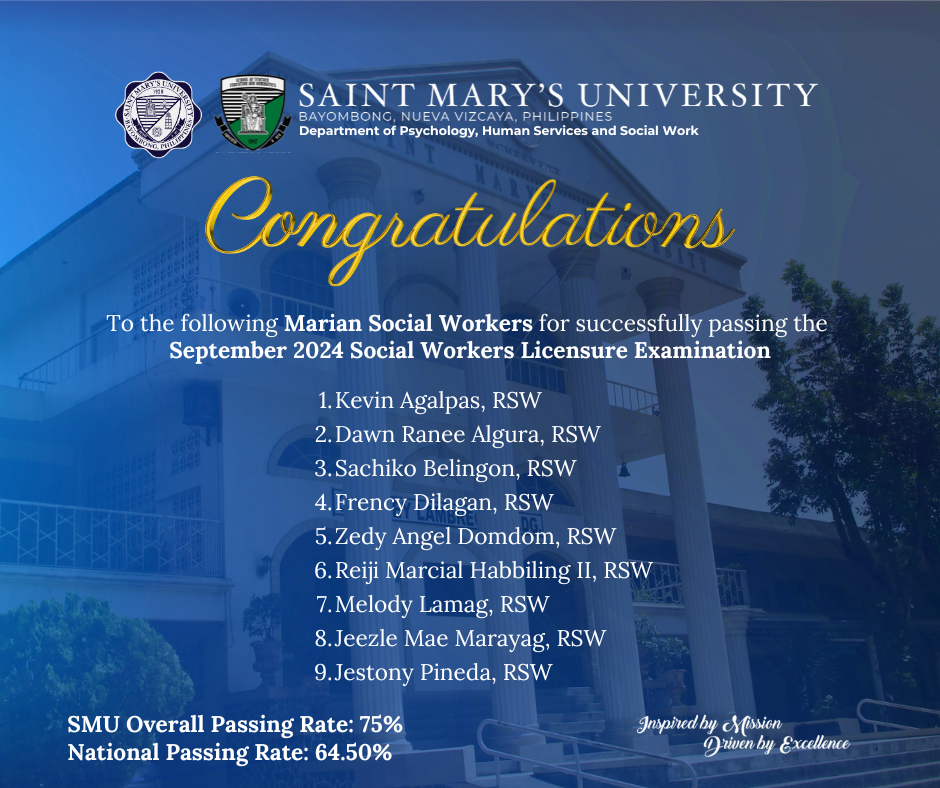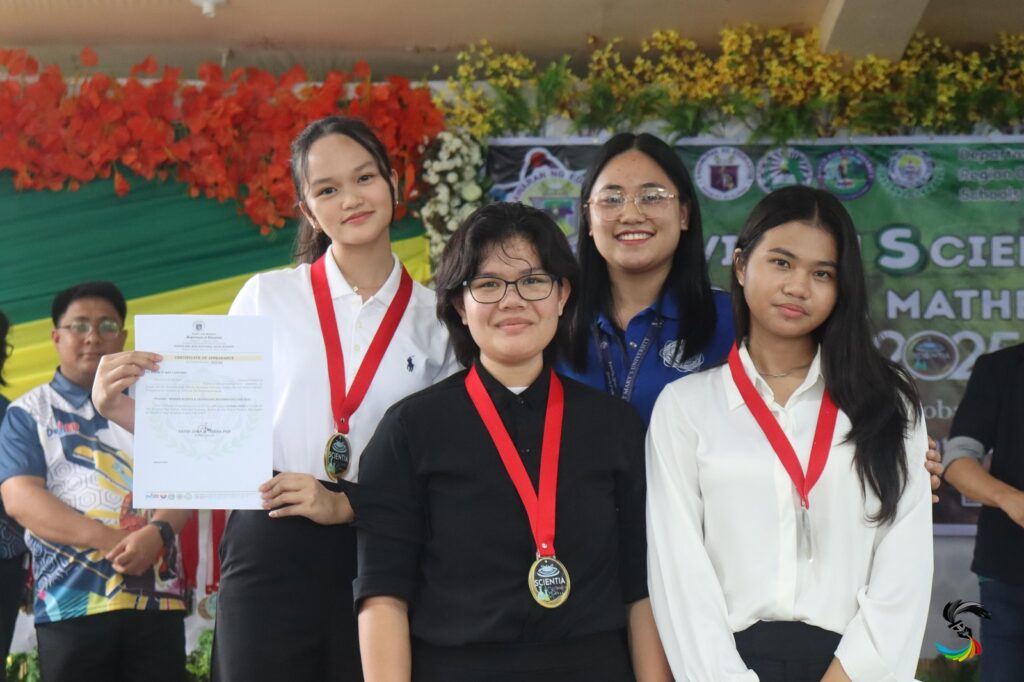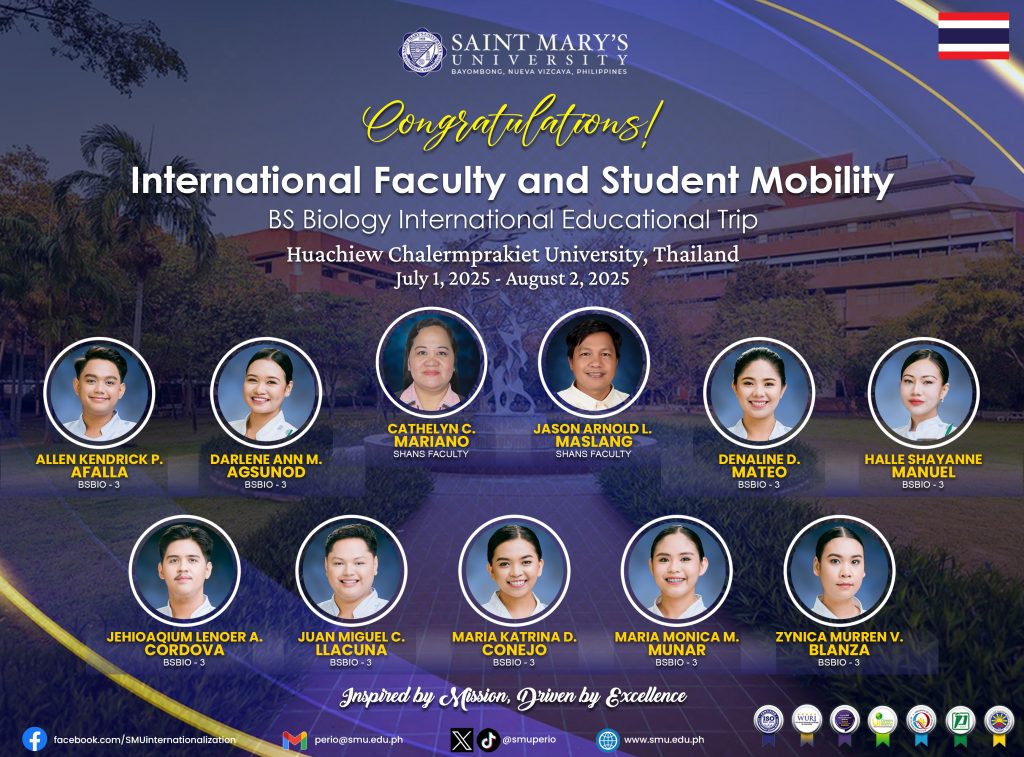Ethical Finance Seminar Empowers Community Through SDG-Driven Education
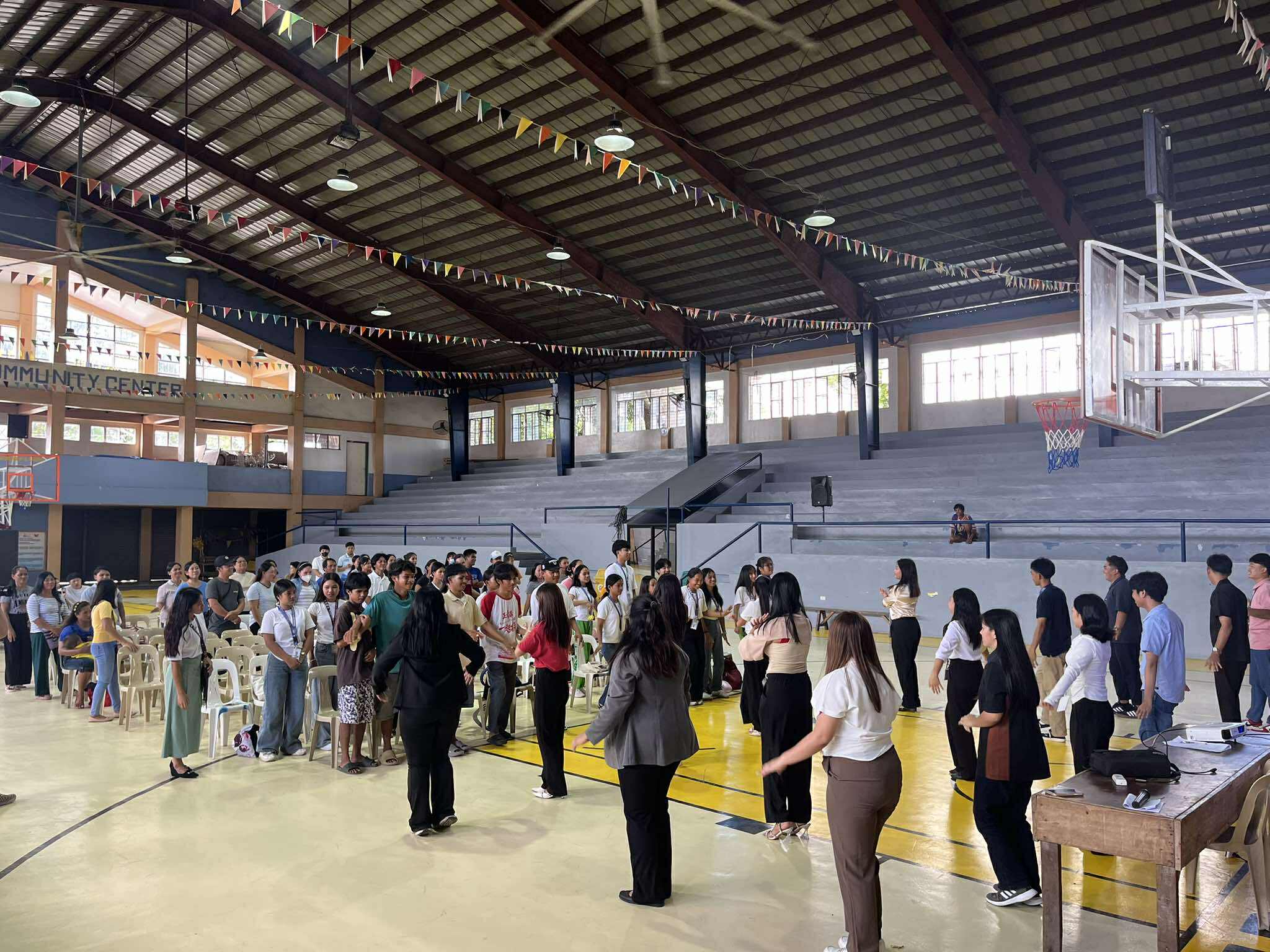
The School of Accountancy and Business (SAB) of Saint Mary’s University (SMU) successfully conducted the extension and community engagement initiative, “A Personal Finance Seminar-Workshop on Ethical, Sustainable and Inclusive Investments for Families and Communities,” on October 8, 2025 at the Barangay Hall of Barangay Cabuaan, Bayombong, Nueva Vizcaya. Organized in partnership with the Student United in Mathematics (SUM) and students enrolled in Personal Finance, the event aimed to promote responsible financial behavior, ethical decision-making, and sustainable consumption.
The initiative was led by course instructors, Mrs. Gayle R. Mercado and Mrs. Donna Bee R. Tominez, alongside a project associates including Dr. Regina D. Ramel, Mrs. Sheryl A. Baria, and Mrs. Claire L. Guinomon.
The core presentations—Ethical Investing, Financial Inclusion, and Sustainable Consumption—directly supported the principles of the United Nations Sustainable Development Goals (SDGs). The seminar was explicitly modeled on SDG 12: Responsible Consumption and Production because the topics emphasized how participants’ daily financial and consumer choices directly impact society and the environment, urging them to contribute to a “better society and environment.” Furthermore, by focusing on financial inclusion and building basic financial literacy, the seminar directly supported SDG 1: No Poverty, equipping families and communities with the tools necessary to manage their finances, build assets, and increase their resilience to economic shocks. The promotion of ethical and sustainable investment was also a key factor in achieving SDG 8: Decent Work and Economic Growth, as it encourages inclusive, sustainable economic growth and productive employment by guiding capital towards businesses and practices that create quality jobs and uphold labor standards.
The seminar successfully achieved its goals of promoting awareness through a balance of informative presentations, such as the one by Mr. Angelo R. Manuel, Mr. Janssen Clyde F. Serafica, and Mr. Monard Thom S. Nginsayan on Ethical Investing, and interactive activities. Games like “Sagot Mo, Takbo Mo” and “Bring Me a Sustainable Version,” organized by SUM, reinforced the lessons in an engaging way. The importance of the SDGs was consistently integrated, providing a global framework that links individual financial literacy and ethical responsibility to the overarching goals of sustainability and equity.
Subsequently, another seminar was conducted on October 22, 2025, at the Tomas Dacayo Community Center in Solano, Nueva Vizcaya, which focused on Climate Risk and Personal Finance, Green Loans and Mortgages, Social Responsibility and Philanthropy, and Debt Management Strategies: From Surviving to Thriving.
SDG 12: Responsible Consumption and Production
SDG 1: No Poverty
SDG 8: Decent Work and Economic Growth
Written by: Aryan L. Yuzon, Promotions Coordinator, School of Accountancy and Business

